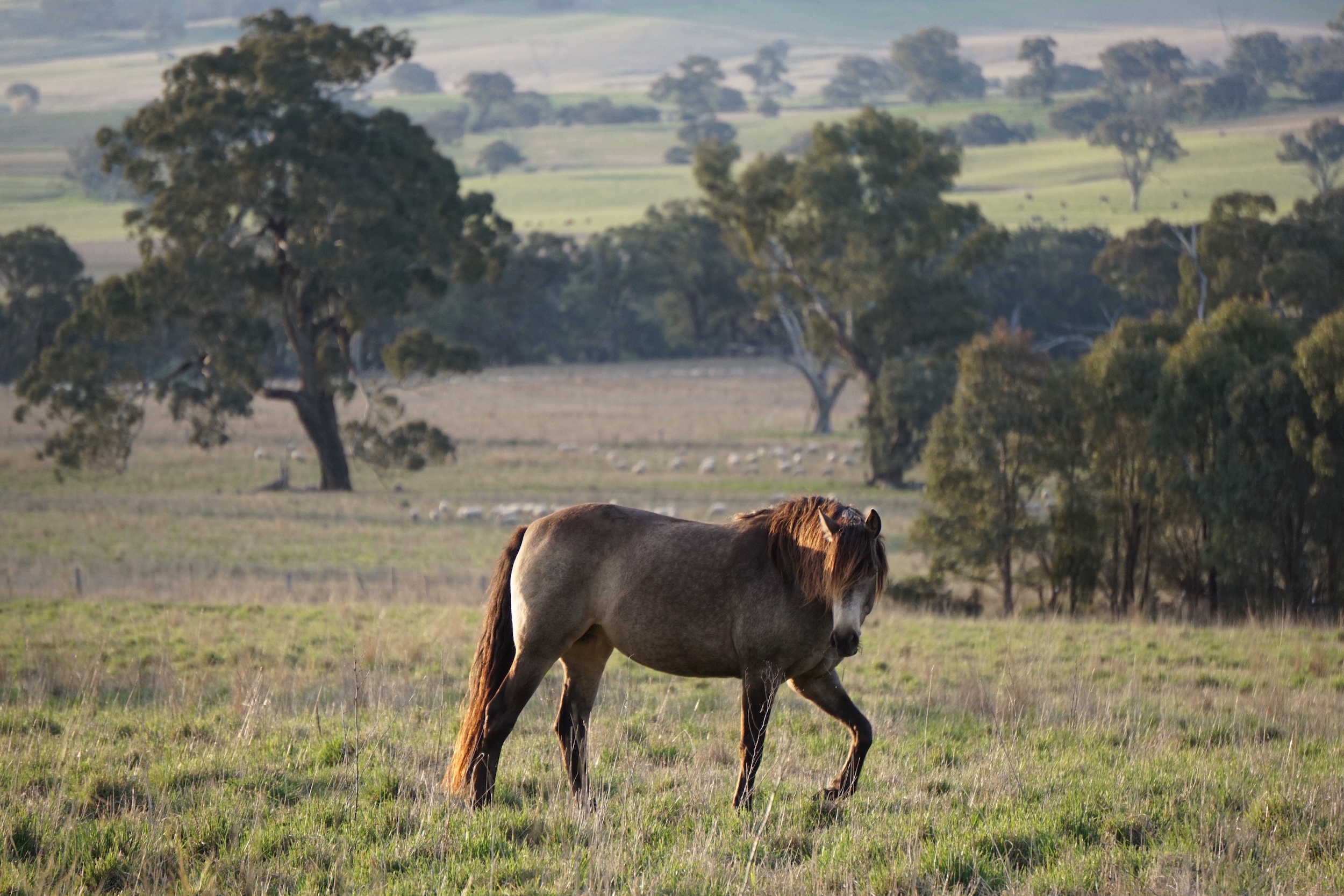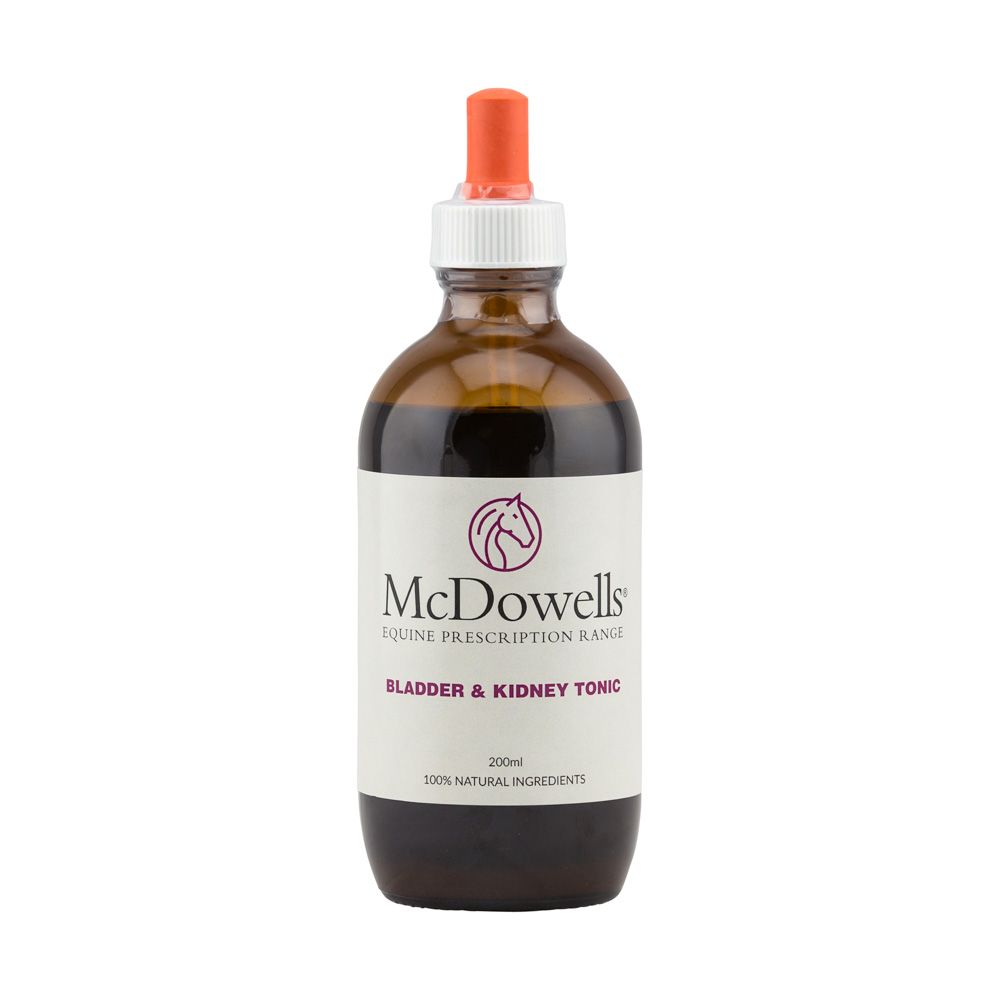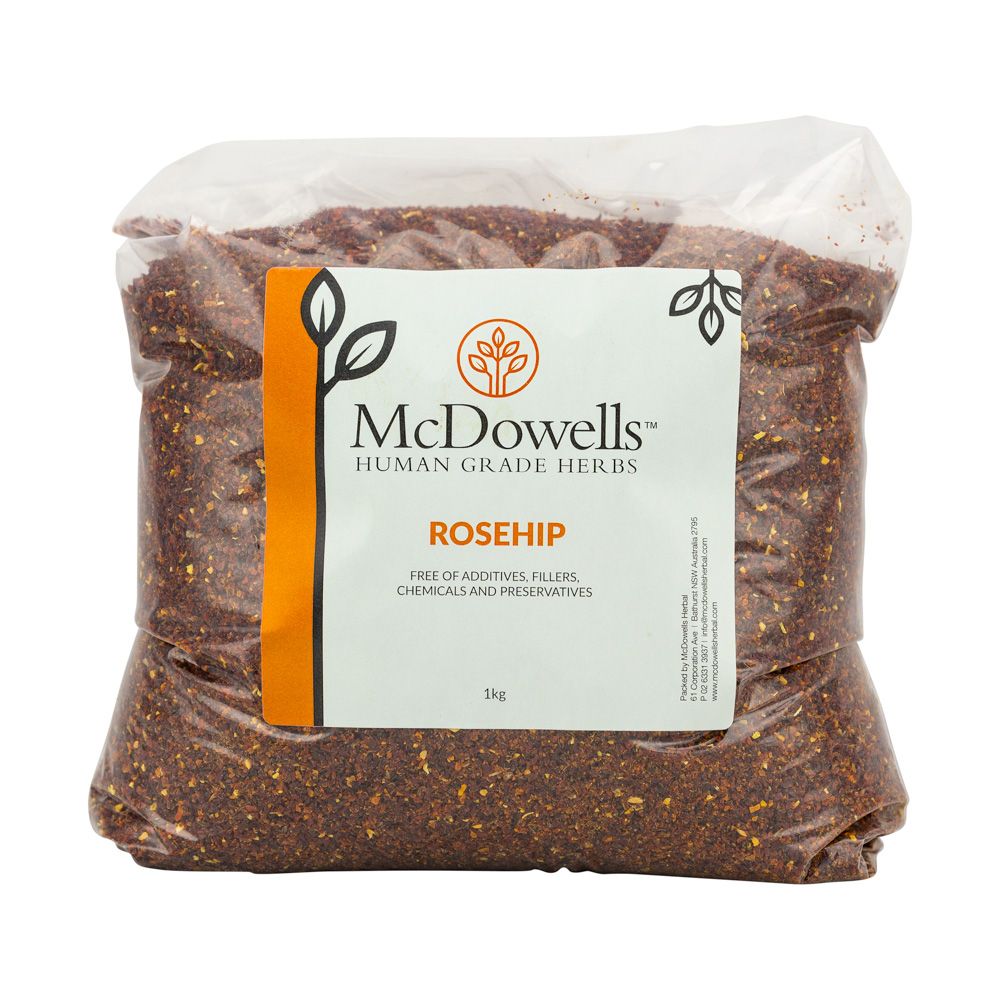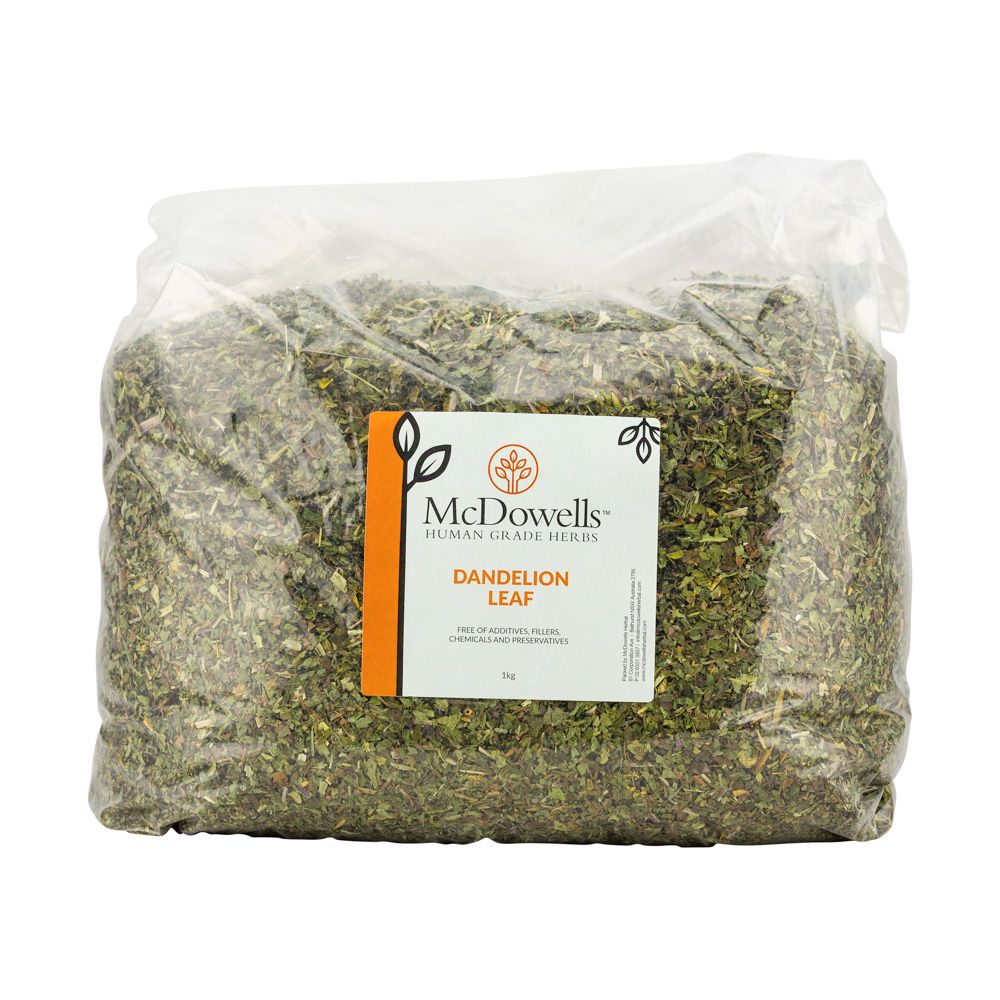Bladder or kidney stones are dependent on a number of factors that are not fully understood but horses that consume a diet rich in calcium may be at higher risk. They are fairly rare and can differ in size but can be more than 6.5kg!

The stones are named based upon the location of the stone - if they are in the bladder they are called cystoliths, if they are in the kidney, they are called to nephroliths, if they are in the ureter they are called ureteroliths and if they are in the urethra are urethroliths.
In years past, before we kept horses in artificial environments, they roamed free across large tracts of land, and kept themselves healthy by grazing on a large variety of grasses, grains, herbs, and other seasonal plants. Because they had freedom of choice they followed their instincts to eat the plants they needed for certain times of the year (breeding, coming up to hard winters, etc.) and 'self-medicated' for any salts, minerals or deficiencies to deal with existing or impending health or injury problems.
We are now finding an increasing tendency toward bladder, kidney and liver problems which I ascribe to both more sensitive nervous constitutions steming from lifestyle, along with commercially prepared mixes and over-sprayed and processed grains and feed.
Symptoms of bladder stones are:
- Difficulty with urination or incontinence (potentially caused by the blocked urethra from the trapped stones)
- Prolapse of the penis (may protrude for longer periods)
- Blood in the urine
- Skin 'burns' around the vulva or hind limbs (in mares) due to high uric acid
- Colic, sweating and restlessness
- A very stretched position to urinate and may remain in this position for some time
McDowells Recommendations
Lowering the pH of the urine and decreasing excessive intake of protein, calcium, phosphorous, and magnesium may minimize stone formation (1).
Adding salt to the diet to increase water consumption may decrease stones forming.
We suggest moving from lucerne (alfalfa) hay or clover-based forage to grass hay.
McDowells products
Bladder and Kidney Tonic
The bladder and kidney tonic contains herbs that have been traditionally used to neutralise metabolites and acidity, which may assist to break down calcium deposits. Traditionally the herbs in this formula have also been used to support kidney function and soothe the urinary tract.It assists the removal of any bladder gravel and infection while rehabilitating the kidneys, as well as supporting the liver.
It includes:- Alfalfa, Buchu, Dandelion, Rosehips, Uva Ursi, Pellitory of the Wall, Couch Grass and Broom as well as the Bach Flowers Wild Rose, Rock Water, Vine, Oak, Willow and Rescue Remedy.
Rosehips granules
Kidney health and vitality can be supported or maintained by also mixing cold rosehips tea in drinking water.
Dandelion leaf
We also recommend feeding dried dandelion or allowing access to a little fresh dandelion regularly along with about 20ml of Apple Cider Vinegar.




